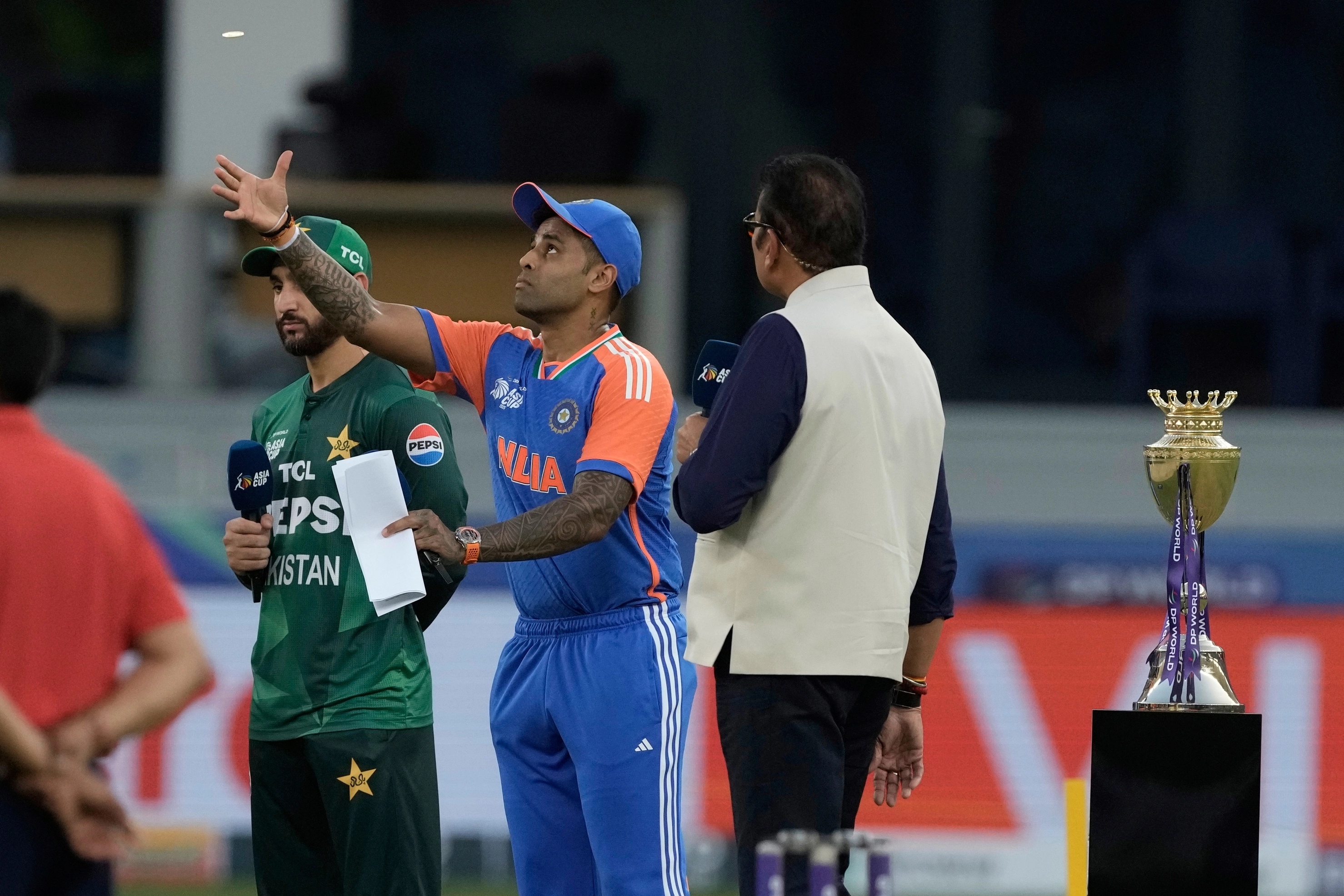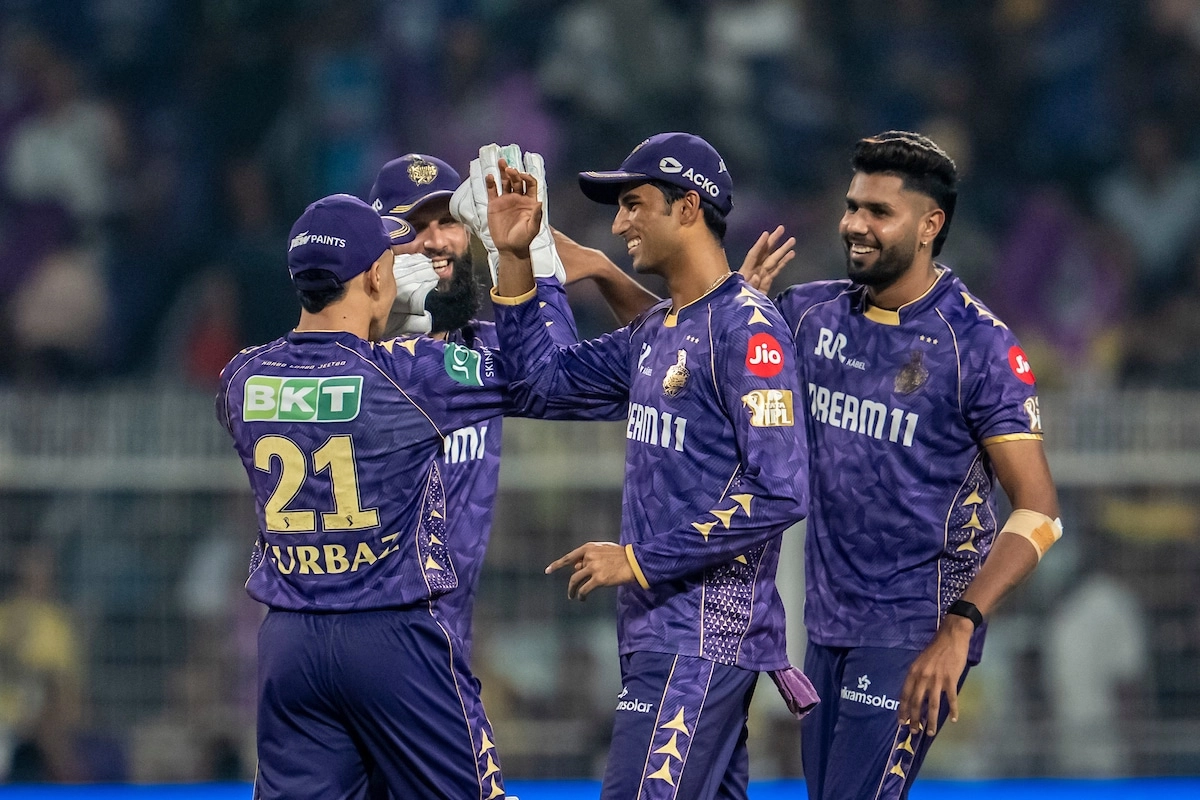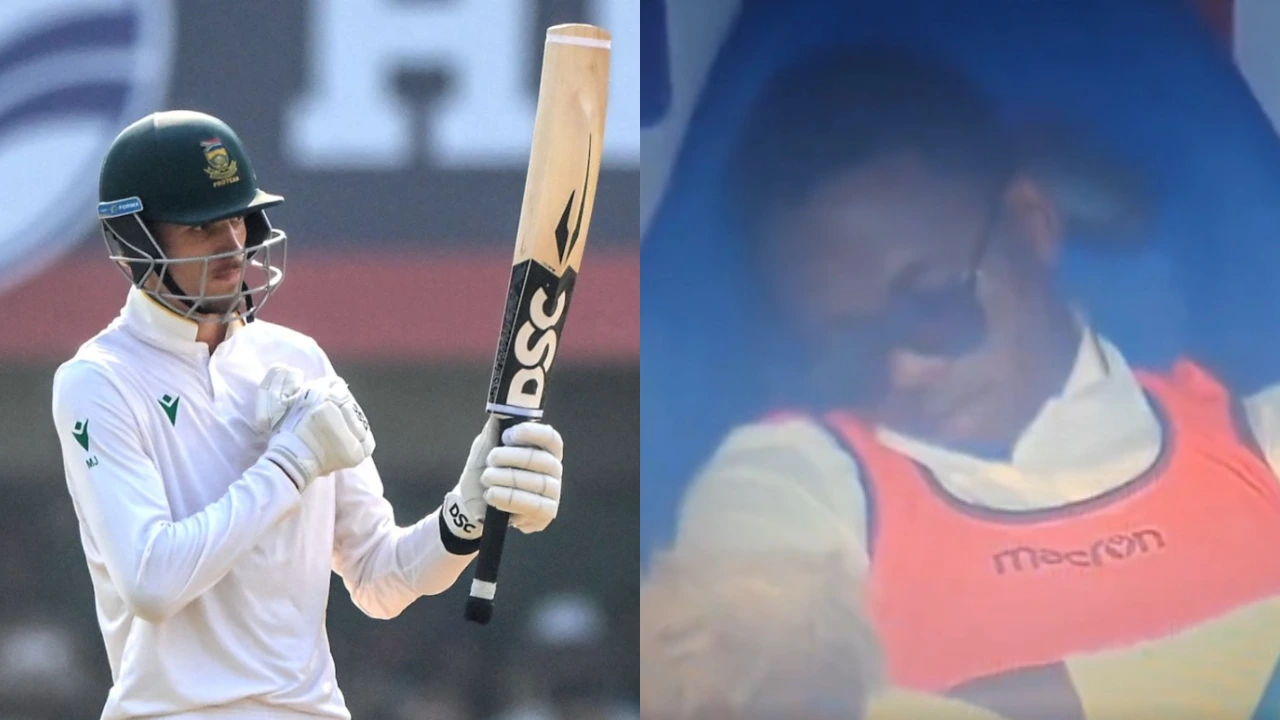The Board of Control for Cricket in India (BCCI) is reportedly considering filing a complaint with the International Cricket Council (ICC) regarding Suryakumar Yadav’s recent tribute to the late cricketer, Sandeep Sharma, during a visit to Pahalgam. Yadav, known for his dynamic batting style, paid homage to Sharma by placing a wreath at his memorial, a gesture that many fans found touching. However, the tribute has sparked controversy, with some officials believing that it may have violated certain protocols related to on-field conduct and player behavior.
The BCCI’s potential complaint arises from concerns that Yadav’s actions could be interpreted as politicizing cricket, especially given the sensitive nature of relations in the region where the tribute took place. Pahalgam, located in Jammu and Kashmir, has a complex socio-political history, and any public display that can be construed as aligning with local sentiments is often scrutinized. Officials within the BCCI fear that such actions could set a precedent that may lead to further complications for players in the future.
Moreover, the ICC has strict guidelines regarding player conduct and the promotion of political messages through sports. The BCCI’s move to consider a complaint may reflect a desire to maintain the integrity of the sport and ensure that players adhere to established norms. While Yadav’s intentions may have been purely respectful, the board believes that it is crucial to navigate these situations carefully to avoid unnecessary disputes or misinterpretations that could impact the image of Indian cricket on the global stage.
As the situation unfolds, fans and analysts alike are watching closely to see how the BCCI will approach the matter and what ramifications it may have for Yadav and his career. The balance between honoring personal tributes and adhering to the expectations of governing bodies is a delicate one, and the cricketing community is eager to see how this issue will be resolved. Ultimately, the outcome may set a significant precedent for how cricketers engage with their heritage and express their sentiments in a manner that respects both the sport and its international governing framework.




